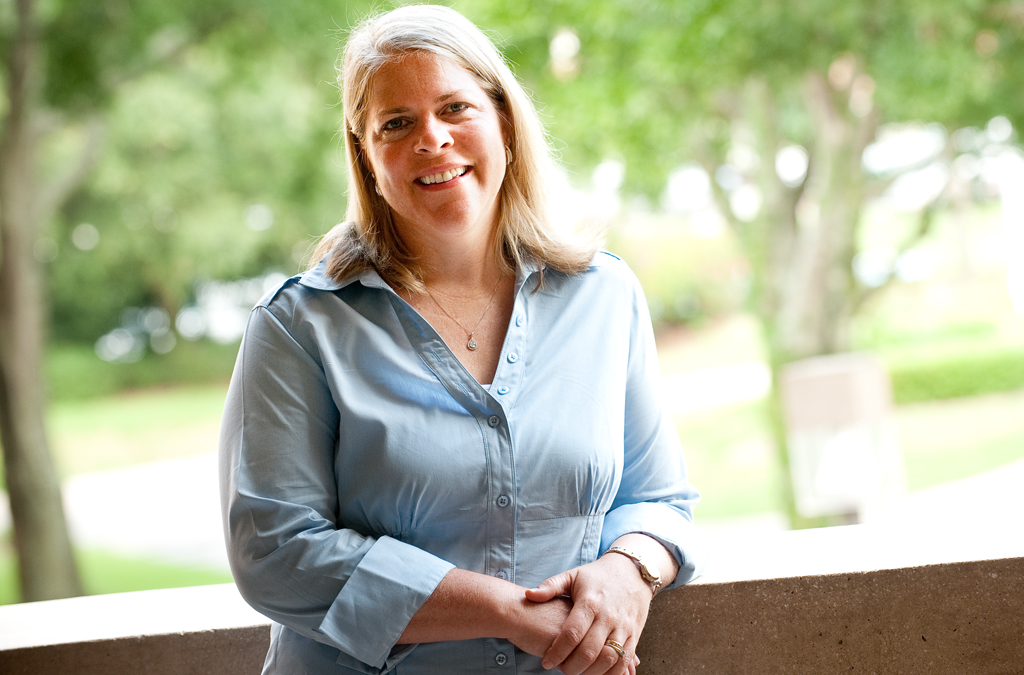Julie M. Phelps, Valencia mathematics professor and project director of Achieving the Dream, was named the 2010 winner of the Virginia B. Smith Innovative Leadership Award.
The award, presented annually by the National Center for Public Policy and Higher Education and the Council for Adult and Experiential Learning (CAEL), recognizes leaders who have made exceptional contributions to advance innovation in American higher education. A committee of national experts selects the award winner, who receives a $4,000 stipend.
From 2005-2009, when Valencia participated in Achieving the Dream, Phelps served as project director. Achieving the Dream was a national, grant-funded initiative aimed at helping more community college students succeed – particularly those who have traditionally faced barriers to success, including low-income students and students of color.
Valencia’s Achieving the Dream work focused on identifying and closing achievement gaps across racial and ethnic groups, between college-ready and under-prepared students, and between student success in mathematics and other discipline courses.
As project director and professor of mathematics, Phelps’ work focused on three learning community strategies: supplemental instruction or cooperative learning inside and outside of class; the expansion of the Learning in Community (LinC) approach that brings faculty members and student support experts to work with students in double-class periods; and expanded course offerings focused on academic success and life lessons designed for community college students.
“We were very impressed with Julie Phelps’ ongoing work to give students at Valencia Community College a good start and help them meet the academic and social challenges of college,” said Patrick M. Callan, president of the National Center. “When we provide early support, particularly to at-risk students who are not college-ready, we can help ensure that they continue their education and make it to graduation.”
For the past 10 years, Phelps has studied ways to increase student engagement, learning, retention, and graduation among developmental education students. This research has provided her with strategies to strengthen student engagement and performance through peer mentoring in which a “role model” student demonstrates how to be a successful student both in and out of the classroom.
Valencia’s supplemental instruction focuses on high-risk courses, those with less than a 70 percent success rate, instead of high-risk students so that the students are not stigmatized. Since beginning in 2004, the supplemental instruction courses have grown from 10 sections to over 40 sections each term.
In her work with Achieving the Dream, Phelps has used data to understand how Valencia students experience college during their first year. She also has taught developmental mathematics as part of an intentional learning community by linking mathematics to a student success course. In this LinC program, two courses are taught back-to-back in the same classroom with two different faculty members and a success coach.
Phelps holds a doctorate in Curriculum and Instruction, specializing in Community College from the University of Central Florida. Her dissertation, “Supplemental Instruction in a Community College Developmental Mathematics Curriculum: A Phenomenological Study of Learning Experiences,” focused supplemental instruction in developmental math by looking at the experiences of students in supplemental instruction courses at other Valencia campuses.
